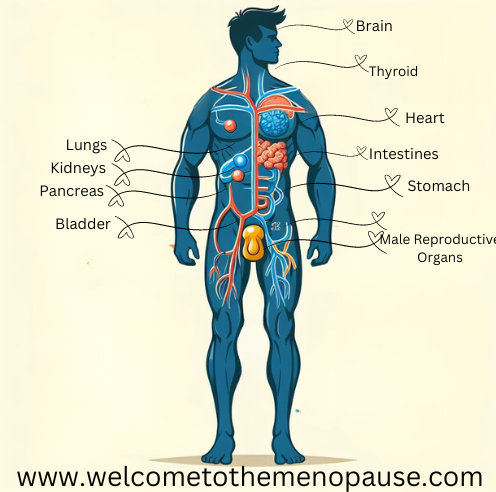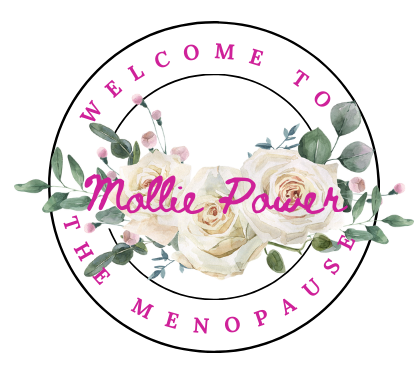
Erectile dysfunction, or ED, is a condition experienced by a considerable number of individuals across different age groups. It is characterised by a consistent difficulty in achieving or maintaining an erection sufficient for sexual activity. My aim is to approach this topic with the sensitivity it deserves, recognising how deeply personal and distressing it can be.
The causes of ED are varied, spanning from physical conditions like heart disease, diabetes, and hypertension, to psychological components such as anxiety, depression, or stress. A clear understanding of these factors is paramount for anyone seeking to address this condition effectively.
ED does not only affect one’s physical health but often extends into emotional and relational domains. It can lead to decreased self-esteem, stress, and strain in intimate relationships. The connection between sexual function and mental well-being is profound, and acknowledging this link is crucial for comprehensive care.
Professional diagnosis is essential for determining whether an individual is dealing with occasional performance issues, which can be normal, or chronic ED, which may require medical intervention. It is about separating facts from misconceptions—such as the untrue belief that ED is just ‘a natural part of aging’—and ensuring people feel empowered to seek help.
Let me underscore that overcoming the stigma and embarrassment commonly attached to ED is a step toward recovery. It takes courage to confront and talk about such issues, but doing so is the first step in reclaiming control over one’s sexual health.
Lifestyle Adjustments for Improved Vigour
If you are grappling with erectile dysfunction, modifying everyday lifestyle choices can play a pivotal role in reclaiming your sexual health. Small, consistent changes often lead to significant improvements over time.
Regular physical activity is not just about general health; it is instrumental for blood flow everywhere in your body, including the areas critical for sexual function. Incorporate exercises like brisk walking, swimming, or jogging to boost your circulatory health.
Your diet also has a profound impact on erectile function. Foods rich in antioxidants, like leafy greens, fresh fruits, and fatty fish, can improve blood flow and aid in the management of ED. Reducing intake of processed and high-fat foods is equally important.
Smoking can damage blood vessels and hamper blood flow, which is essential for maintaining an erection. If you smoke, quitting is one of the MOST IMPORTANT steps you can take. Limiting alcohol consumption can also improve erectile function, as excessive drinking may lead to temporary or long-term ED.
Chronic stress wreaks havoc on multiple aspects of wellness, including sexual health. Finding effective ways to manage stress, such as mindfulness, yoga, or deep-breathing techniques, is crucial for improving your performance.
Never underestimate the power of a good night’s sleep. Adequate rest is linked to optimal testosterone levels and, by extension, better sexual functioning. Strive for 7 to 9 hours of quality sleep each night for the best results.
Adopting these lifestyle changes might seem overwhelming, but the aim is to take one step at a time. Small victories accumulate and pave the way for a healthier, more confident you.
Medical Interventions: Understanding Your Options
If lifestyle changes do not fully address the challenges of erectile dysfunction, it may be time to explore medical interventions. Many individuals find effective solutions that bring back confidence and improve sexual health through medical treatments.
Oral medications, such as sildenafil (Viagra), tadalafil (Cialis), and vardenafil (Levitra), have become household names. They work by increasing blood flow to the penis, facilitating an erection when combined with sexual stimulation. Discussing potential side effects and interactions with your doctor is crucial, as these medications are not suitable for everyone.
Alternative treatments, like vacuum pumps, can be useful for men who prefer not to take medication or cannot be due to health reasons. Penile implants, a more invasive option, involve a surgical procedure but offer a long-term solution for some.
Counselling or therapy can play an essential role, particularly if psychological factors like stress, anxiety, or depression contribute to ED. Sometimes, a combination of therapy and medication yields the best results.
In cases linked to hormonal imbalances, testosterone replacement therapy might be recommended. A healthcare professional can provide advice based on a thorough examination and blood tests.
It is important to have an open and honest conversation with your healthcare provider about erectile dysfunction; a sensitive topic, yes, but a common one that they are equipped to oversee. They can guide you through the available options and help you make an informed decision.
A Supportive Journey: Partners and Coping Strategies

Communication is the cornerstone of navigating erectile dysfunction within a relationship. It is vital to speak openly with your partner about what you are experiencing. This ensures you both understand the situation and can work through it together.
You are not alone in this. Support groups offer a space to share experiences, advice, and emotional backing. These communities often provide the comfort of shared understanding that you and your partner might need.
Your partner’s involvement is crucial in managing ED. From attending doctor’s appointments to providing emotional support, their role can have a positive influence on the outcome.
There may be a point in your journey where professional guidance can make a difference. Couple’s therapy is beneficial for tackling underlying issues and improving your relationship both inside and outside the bedroom.
Finally, it is important for partners to develop their own coping strategies. Whether it is through individual therapy, education, or simply patience, these strategies can maintain a healthy, supportive dynamic as you both address the challenges of ED together.
Your Story Matters! Share Your Experience
Welcome To The Menopause family,
We are all about sharing stories here, and we want to hear yours! After diving into our latest post, we’re eager to know how it resonated with you. Did you relate to a particular point? Maybe you have your unique take on the topic?
Let’s make this space a hub for diverse experiences. Drop a comment below and let’s spark a conversation. Your voice matters, and we can’t wait to read your insights!
Cheers to sharing and connecting!
